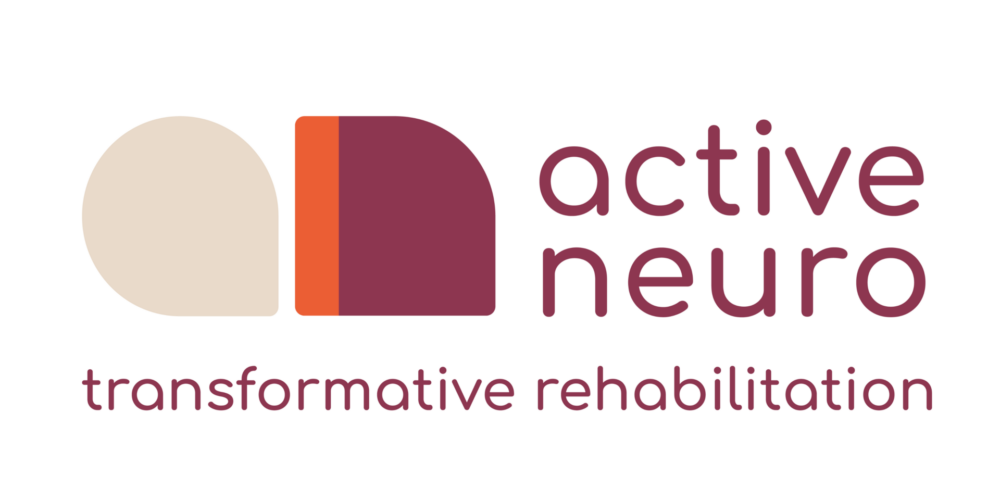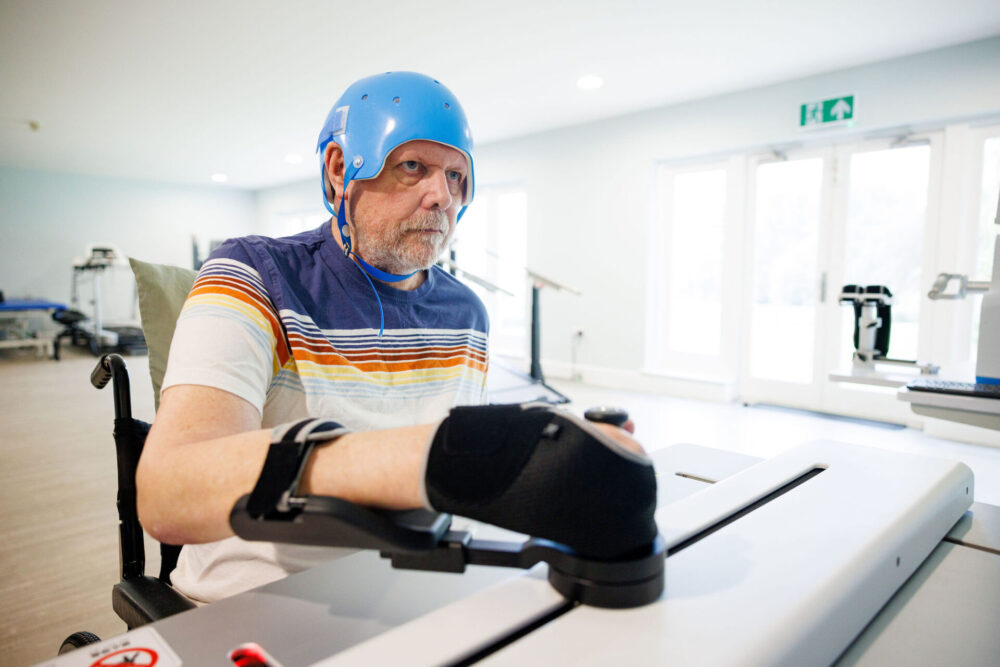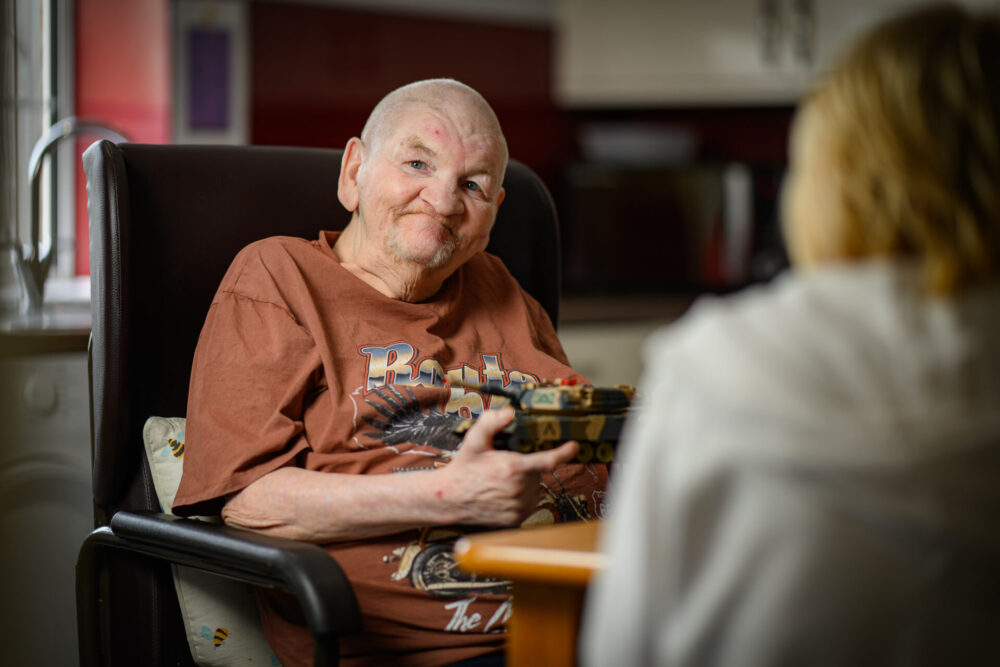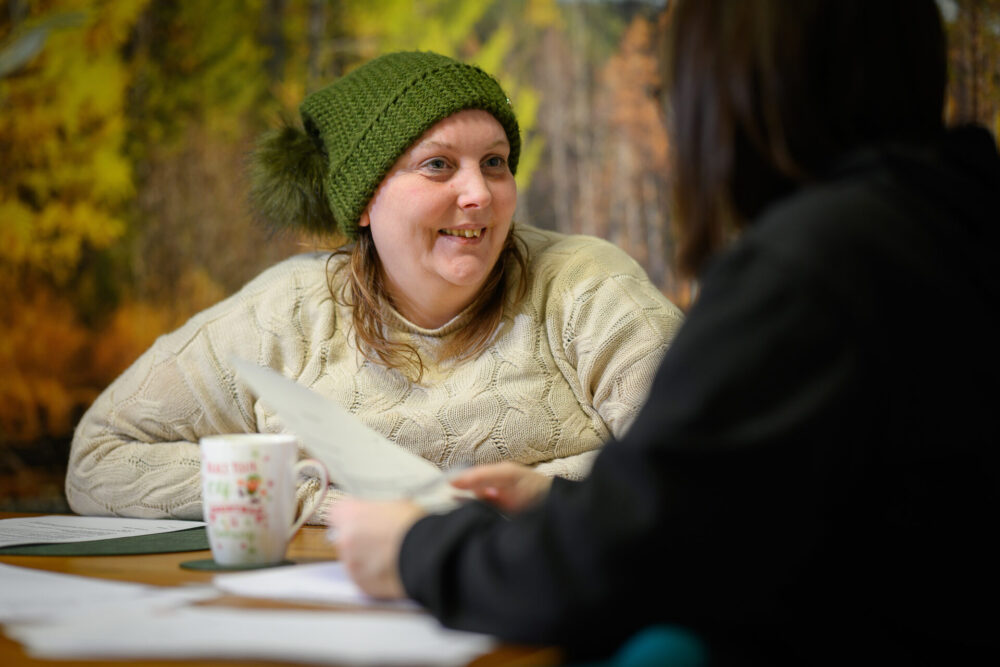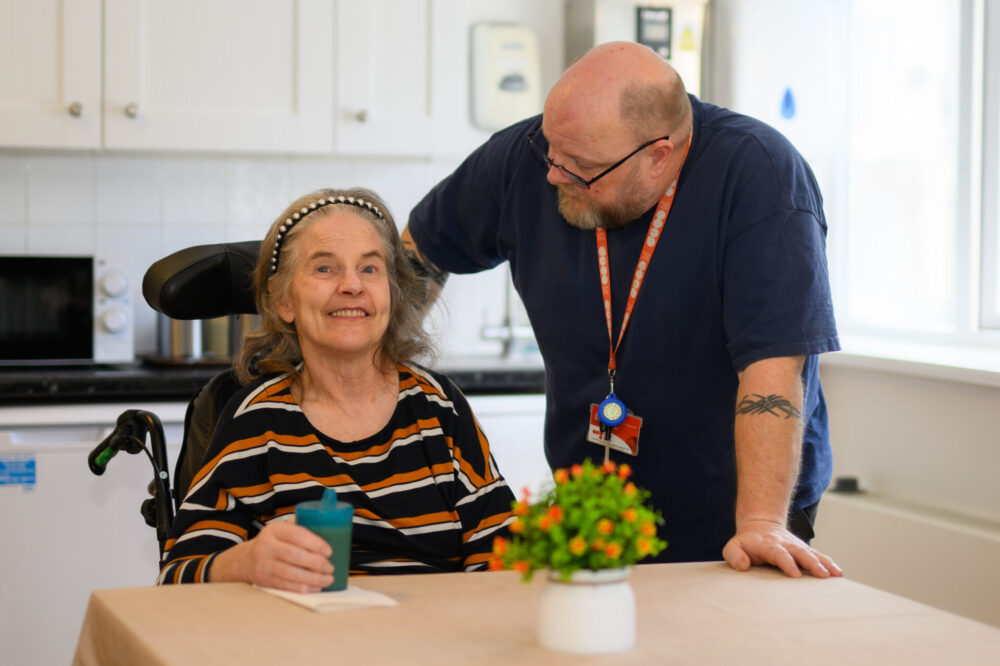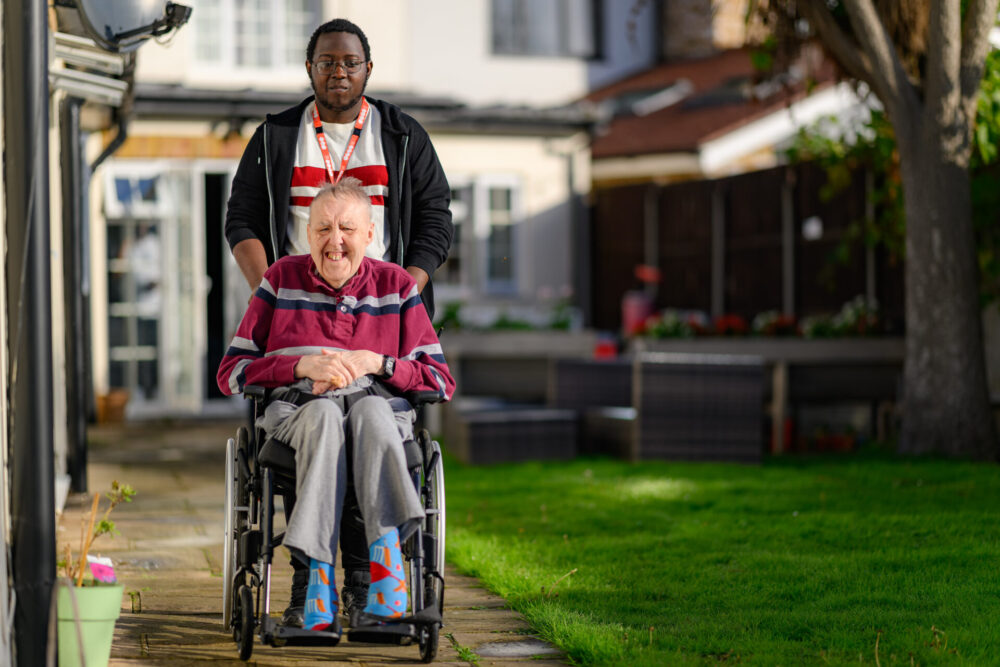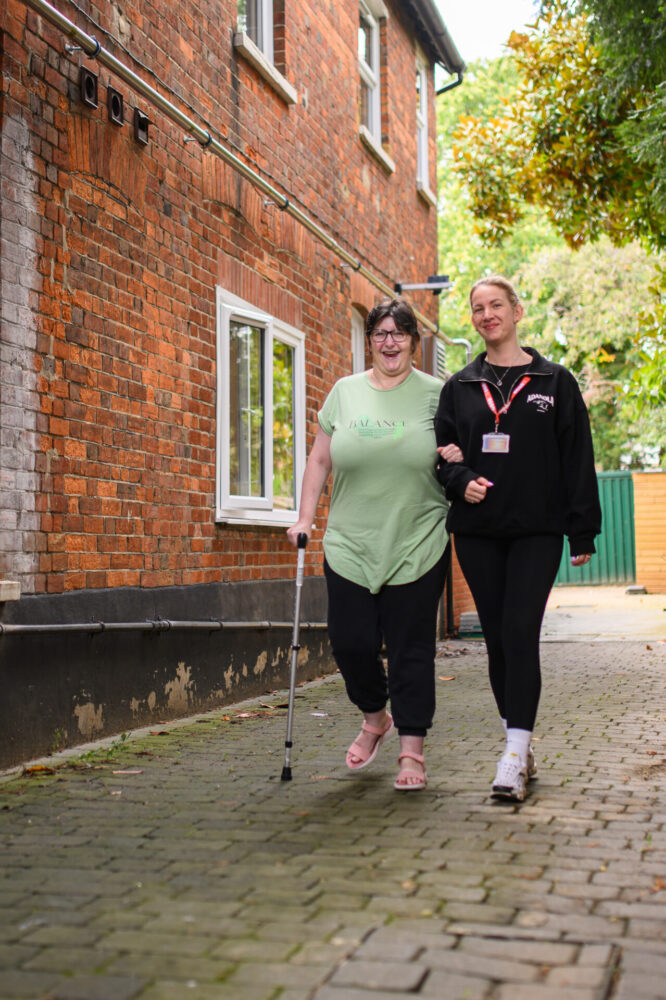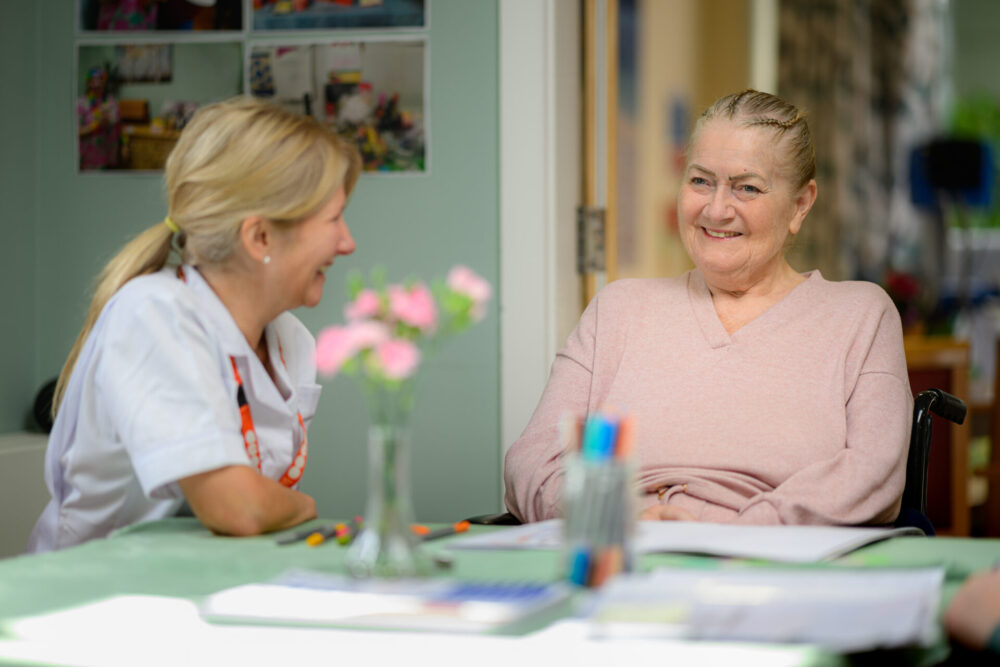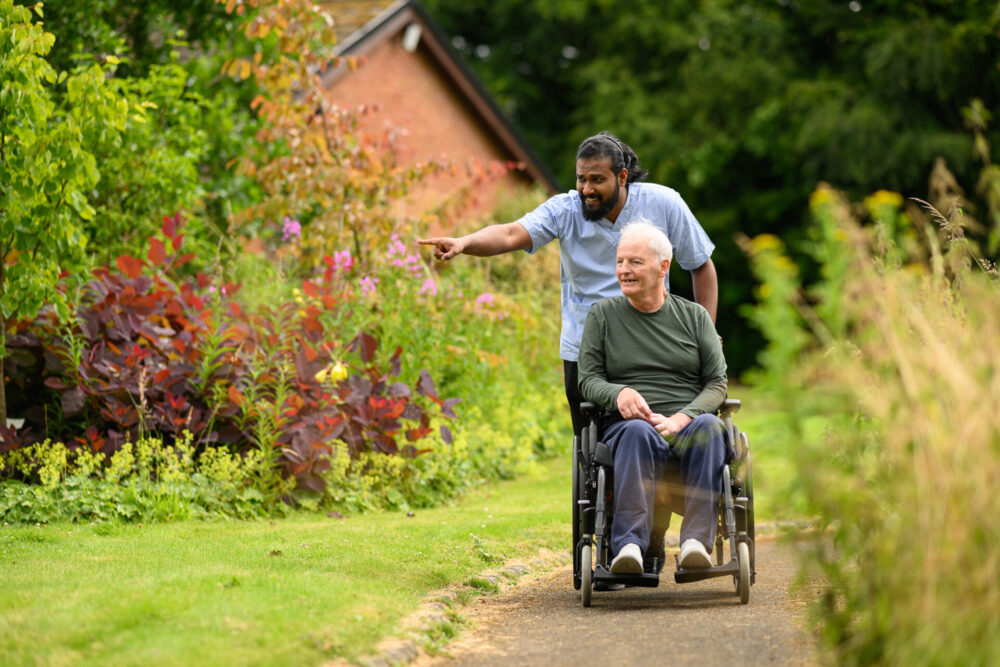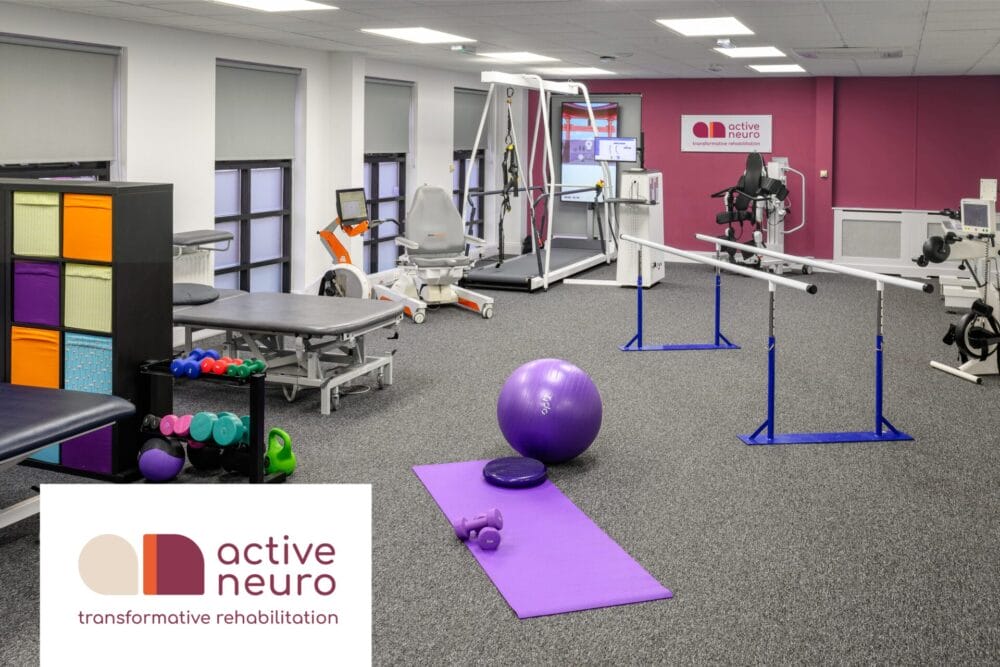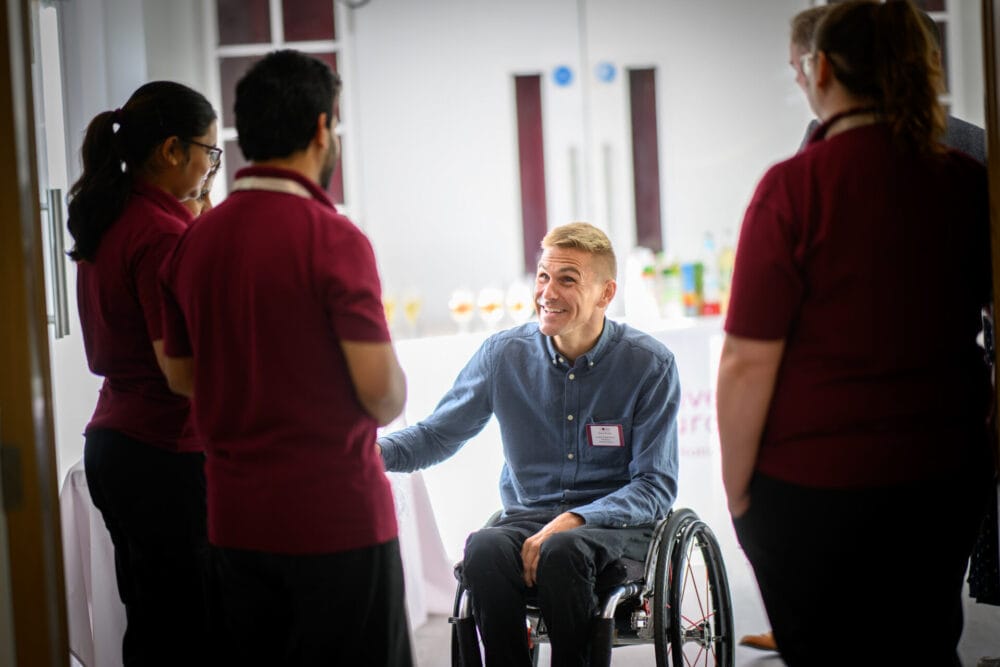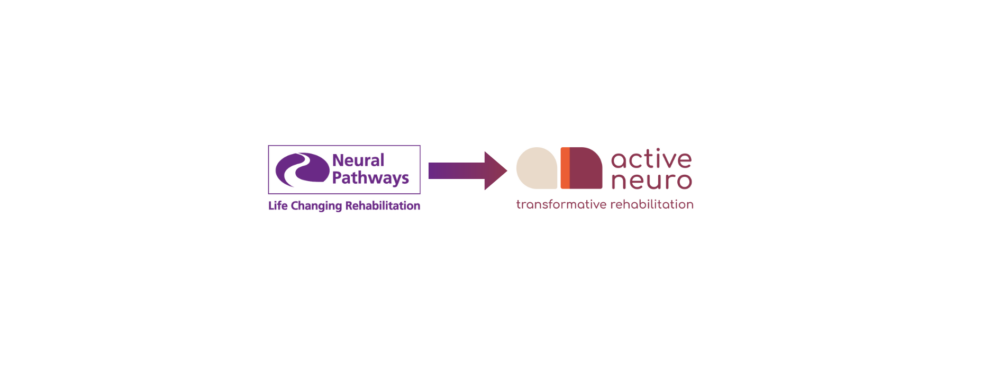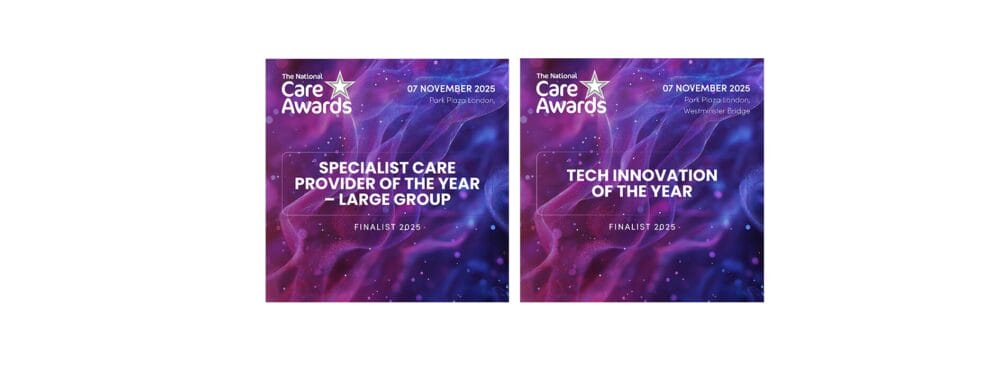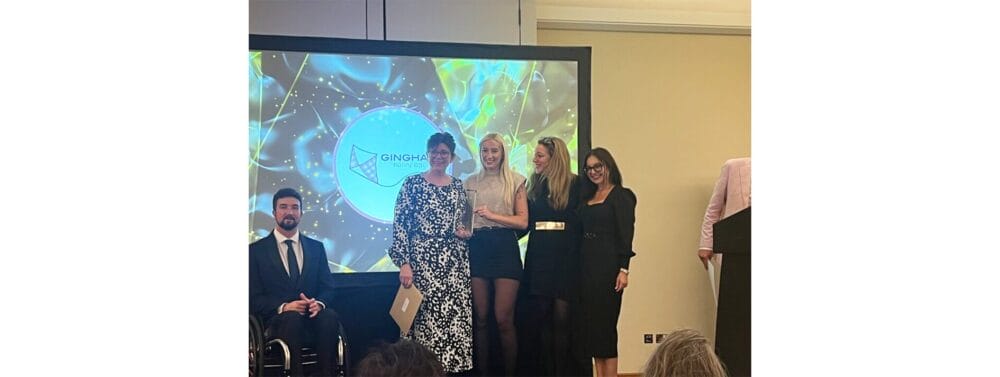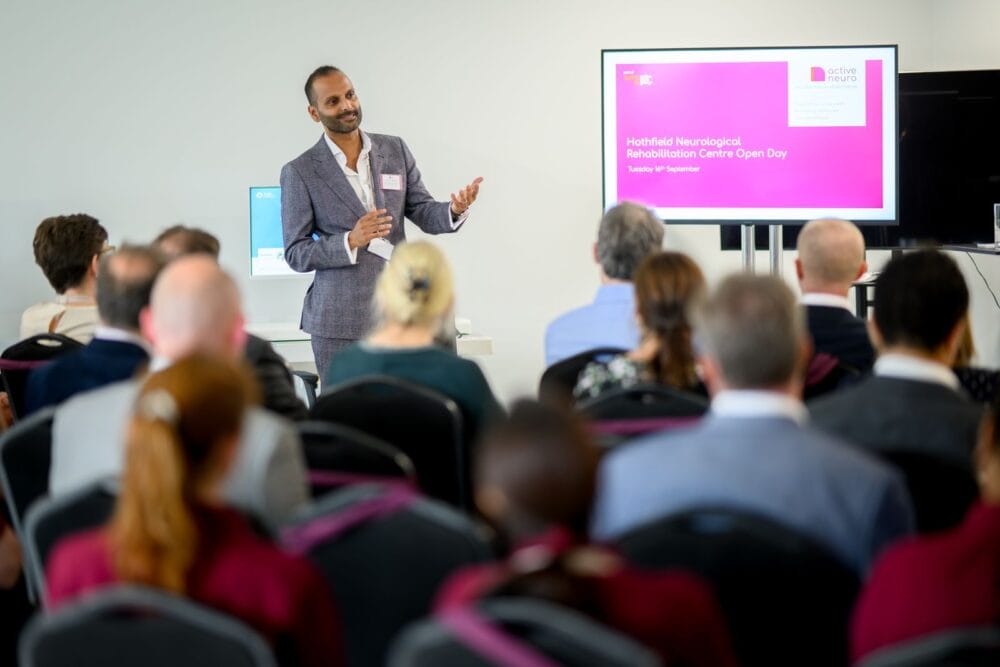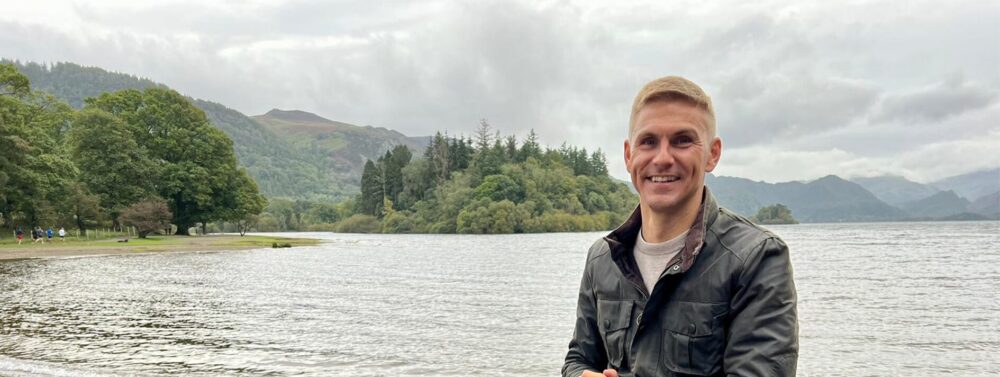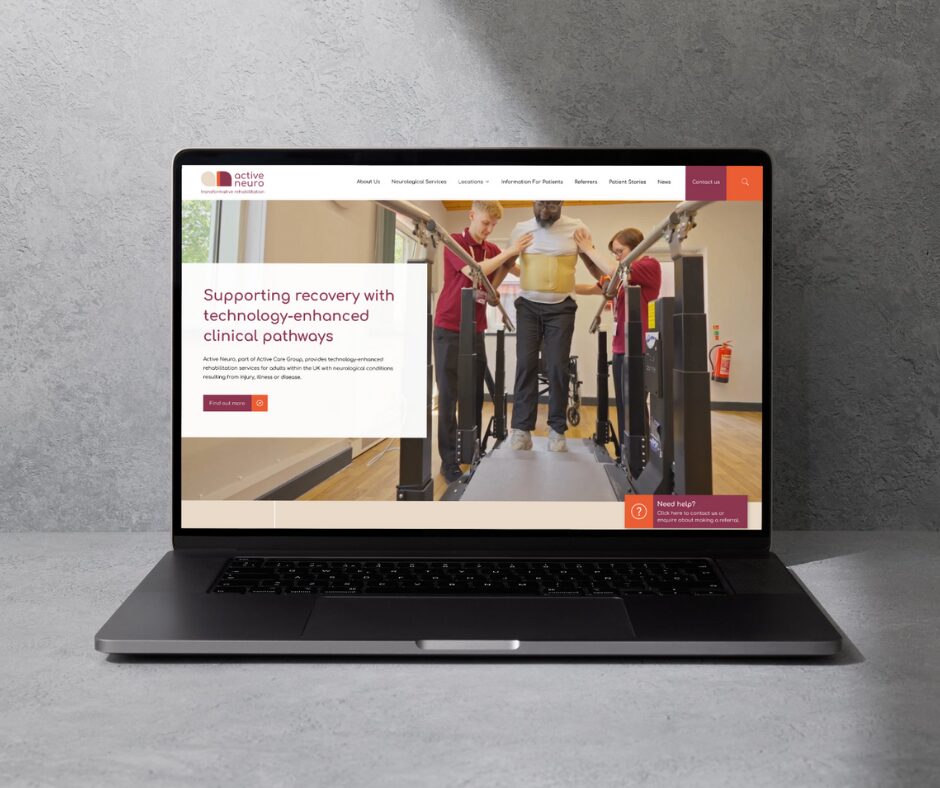In 2018, Alan experienced lower limb weakness attributed to degenerative spine issues. An MRI scan revealed a slipped disk causing significant thoracic spinal cord compression. Further scans confirmed the disk to be heavily calcified. Notably, Alan’s condition represented a rare occurrence, with calcified slipped disks accounting for only 1 to 3% of all spinal cord compression cases.
Alan required surgery to help with his condition. An independent neurosurgeon deemed Alan’s case as one of the most challenging in spinal surgery due to the size and calcification of the disc. His operation took place in October 2018 and involved a thoracotomy approach, with careful dissection to access the disc, followed by its excision under microscopic guidance. Continuous neurophysiological monitoring was employed during the procedure to reduce risks. Despite being advised of a paralysis risk of less than 5%, Alan awoke post-surgery with a spinal cord injury that required intensive care and rehabilitation. The outcome of the operation was described as catastrophic.
Following intensive care, Alan was transferred to a general ward before commencing a 12-week rehabilitation program at a specialised spinal injury centre. This involved catheterisation, bowel management, and extensive physiotherapy to adapt to wheelchair use. Despite progress, Alan was discharged home with limited mobility, requiring ongoing pain management, hydrotherapy, and physiotherapy.
Since being discharged home in February 2019, Alan has engaged in pain management clinics and hydrotherapy sessions. However, there has been a decline in his mobility, especially in the absence of regular physiotherapy. He has resorted to private fundraising for additional physiotherapy sessions and is currently undergoing epidural injections for pain management.
Alan has recently visited Active Neuro Rehabilitation Hub – Gateshead for a 4-hour initial assessment that was split over two days. Alan underwent a full movement assessment to ascertain which patterns of his movement were compromised which muscles he was not using correctly and what compensatory strategies he had employed to enable him to function. Following this Alan experienced the appropriate specialist rehabilitation equipment to meet his needs; the C-Mill Treadmill’s capacity is to measure balance equilibrium and pattern of walking thus allowing the therapist to set a rehabilitation programme to work on the deficits. Functional Electrical Stimulation was used to explore and gain appropriate muscle activity to further improve more efficient movement patterns. Alan used the ExoMotus™ M4 exoskeleton gait re-trainer to facilitate a more normal pattern of walking, carrying this over into his everyday life. He has expressed that he has felt an improvement in his walking since using the equipment.
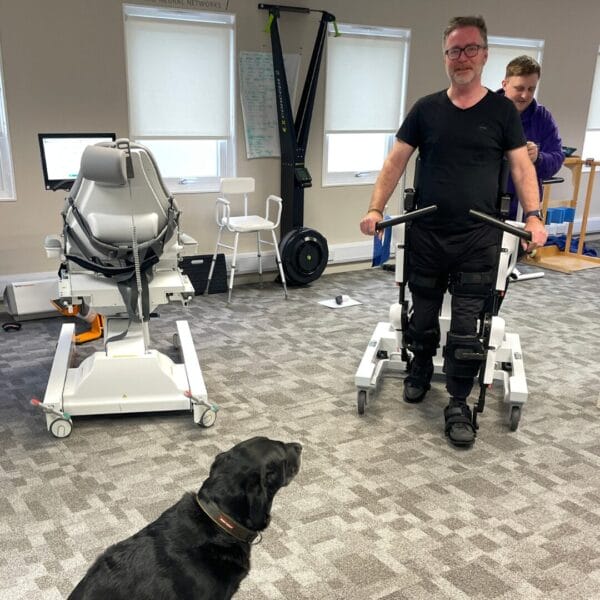
Alan plans to partake in future rehabilitation sessions at Active Neuro Rehabilitation Hub – Gateshead.
Alan’s case highlights the intricate challenges and long-term implications associated with calcified disks. Despite surgical intervention and extensive rehabilitation efforts, ongoing support and management remain critical for optimising his functional outcomes and quality of life.
“I would like to thank the team at Active Neuro Rehabilitation Hub – Gateshead, who are all very welcoming. Even after a short assessment period, I feel an improvement in my walking. This gives me hope for the future” – Alan
